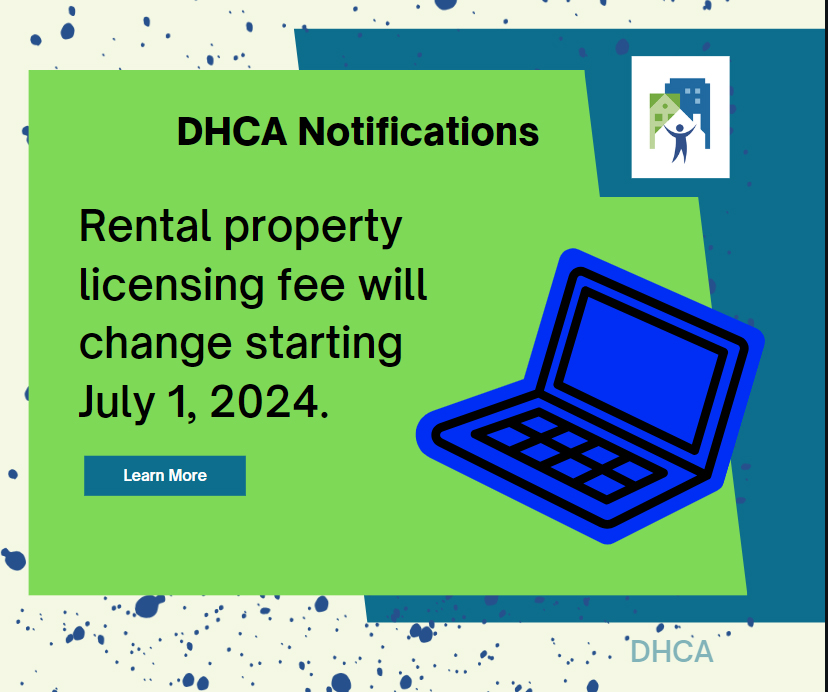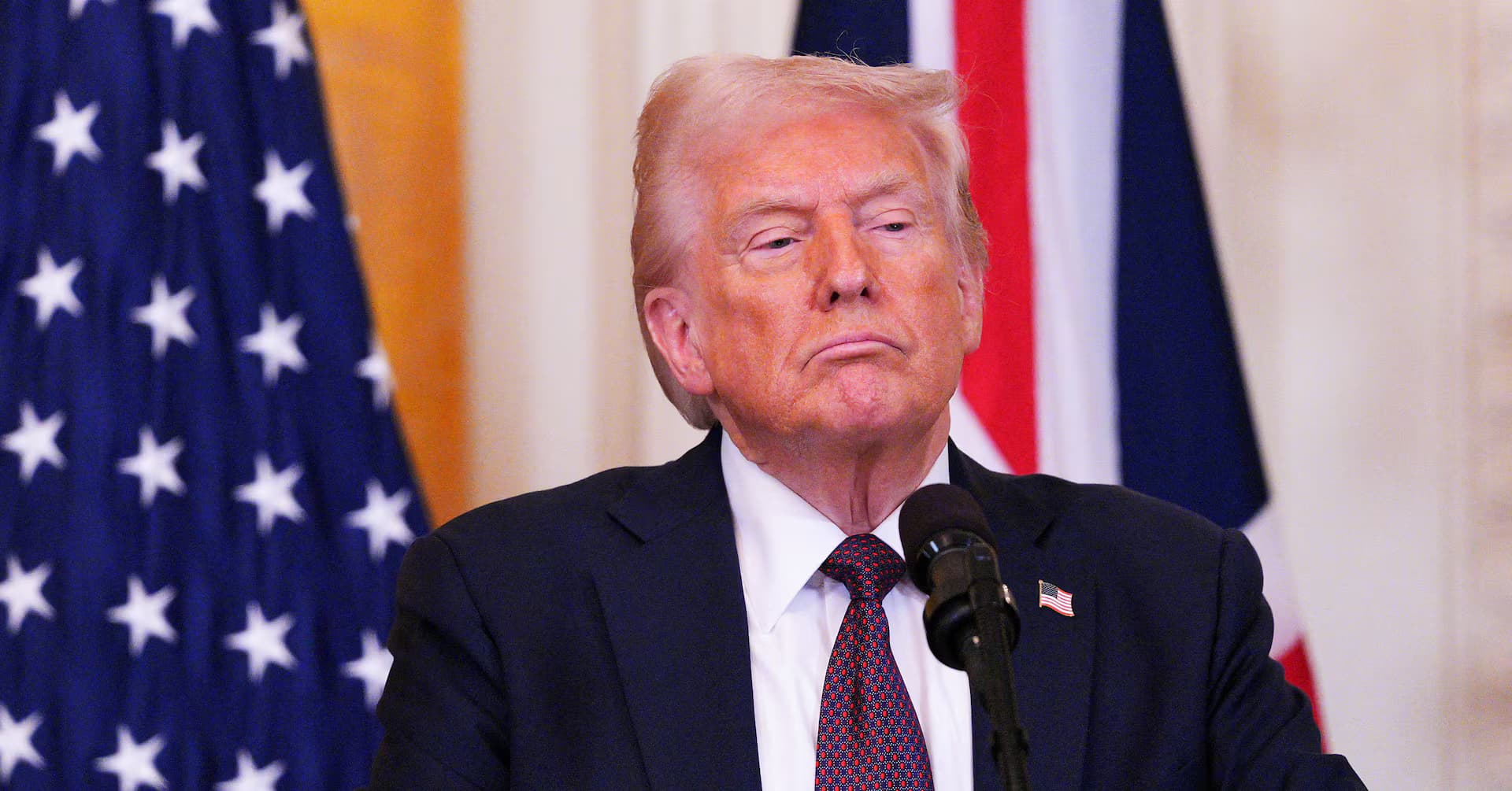In a shocking move that prioritizes profit over preservation, President Trump has signed an executive order that mandates significant fee increases for foreign visitors to U.S. national parks. This decision not only threatens the accessibility of these national treasures but also raises critical questions about equity and environmental justice.
Fee Increases Targeting Foreign Visitors
Under the new executive order, the National Park Service (NPS) is directed to develop a strategy to hike entrance fees for non-U.S. residents, with estimates suggesting it could generate over $90 million annually for the park system, according to the White House. This blatant prioritization of foreign tourists as the cash cow for funding park improvements is alarming. While it might seem economically beneficial at face value, it disregards the essence of our public lands and serves to alienate international visitors who play a vital role in the conservation economy.
Preferential Treatment for Americans Deepens Inequity
The executive order also includes provisions for “preferential treatment” for U.S. residents regarding recreational access rules, including permitting and lottery systems for popular parks. This sets a dangerous precedent that not only exacerbates class divides but also undermines the principle of equitable access to public lands. As reported by Reuters, the order does not clarify what this preferential treatment entails, leaving a concerning lack of transparency in how these access rules will be implemented.

Contact Us - Regions 3, 4, and 5 (U.S. National Park Service)
Massive Budget Cuts Will Devastate National Parks
In conjunction with fee hikes, the Trump administration is pushing for over $1 billion in cuts to the NPS budget, the largest in its history, as noted by the National Parks Conservation Association. This represents a staggering 24% reduction in permanent staff since Trump took office, creating a workforce that struggles to maintain the very resources that Americans hold dear. The NPS is already stretched thin, and these cuts will only exacerbate the challenges faced by park rangers and conservationists, as they are forced to do more with less. As stated in the Wall Street Journal, this devastating combination of budget cuts and fee increases signals a troubling shift towards privatization and commercialization of public lands.
Revoking Diversity Initiatives Threatens Inclusion
Adding insult to injury, Trump’s latest executive order also revokes a memorandum from the Obama administration aimed at promoting diversity and inclusion within national parks. This rollback is emblematic of a broader agenda to undermine social equity efforts and marginalizes communities of color who have historically faced barriers to accessing these natural spaces. The move is a direct affront to the values of inclusion and representation, which are essential for fostering a sense of belonging in our national parks. As highlighted by advocacy groups, diverse voices and experiences enrich the narrative of conservation, making it imperative to ensure that these perspectives are not only welcomed but celebrated.

Announcements | DHCA
The Environmental Impact of Budget Cuts
The ramifications of these budget cuts and fee hikes extend beyond access and equity; they also have serious environmental implications. A diminished workforce means fewer resources for essential programs aimed at preserving biodiversity, maintaining trails, and combating invasive species. According to the National Parks Conservation Association, these cuts threaten the integrity of the ecosystems that national parks protect. Additionally, increased fees for foreign visitors may dissuade tourism, which plays a pivotal role in conservation funding and community support for preserving these lands.
This executive order is not just a policy change; it is a fundamental shift in the way we view and value our national parks. By prioritizing profit over people and the planet, this administration risks eroding the very fabric of what makes our public lands a shared heritage. We must challenge these unjust decisions that disproportionately impact marginalized communities and advocate for a national park system that embodies equity, inclusion, and environmental stewardship.



![[Video] Mount Etna erupts in Sicily, lava reaches 400 meters, yellow alert issued](/_next/image?url=%2Fapi%2Fimage%2Fthumbnails%2Fthumbnail-1766917884234-2sqn18-thumbnail.jpg&w=3840&q=75)
![[Video] Hawaii's Kilauea volcano erupts, fountains reach 70 ft, USGS reports](/_next/image?url=%2Fapi%2Fimage%2Fthumbnails%2Fthumbnail-1766574042820-tucull-thumbnail.jpg&w=3840&q=75)


![[Video] Gunfire between Iraqi security forces and Sadr militias in Baghdad](/_next/image?url=%2Fapi%2Fimage%2Fthumbnails%2Fthumbnail-1768343508874-4redb-thumbnail.jpg&w=3840&q=75)
